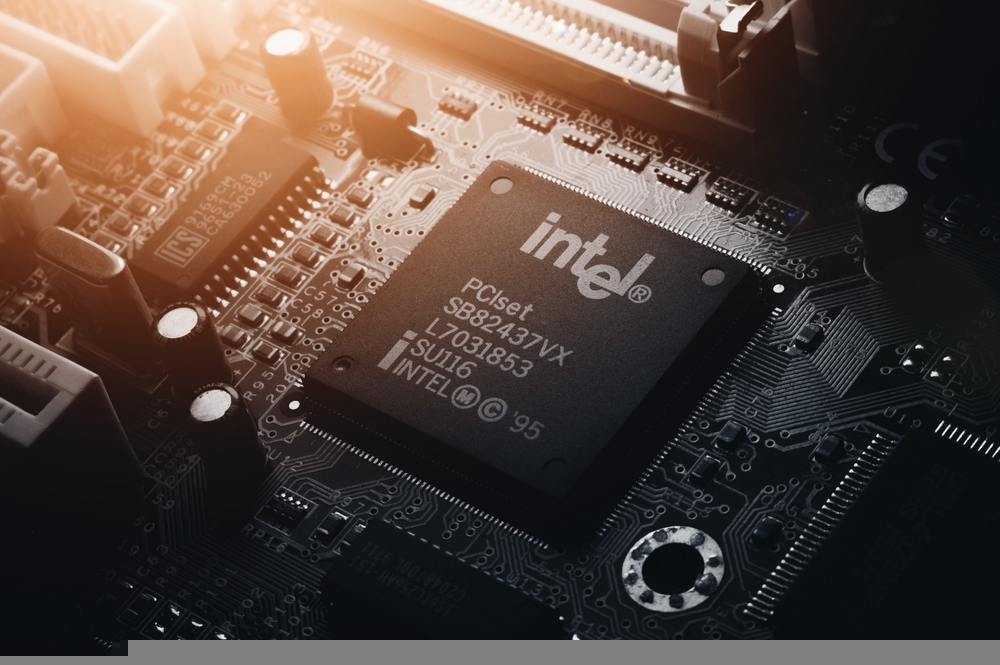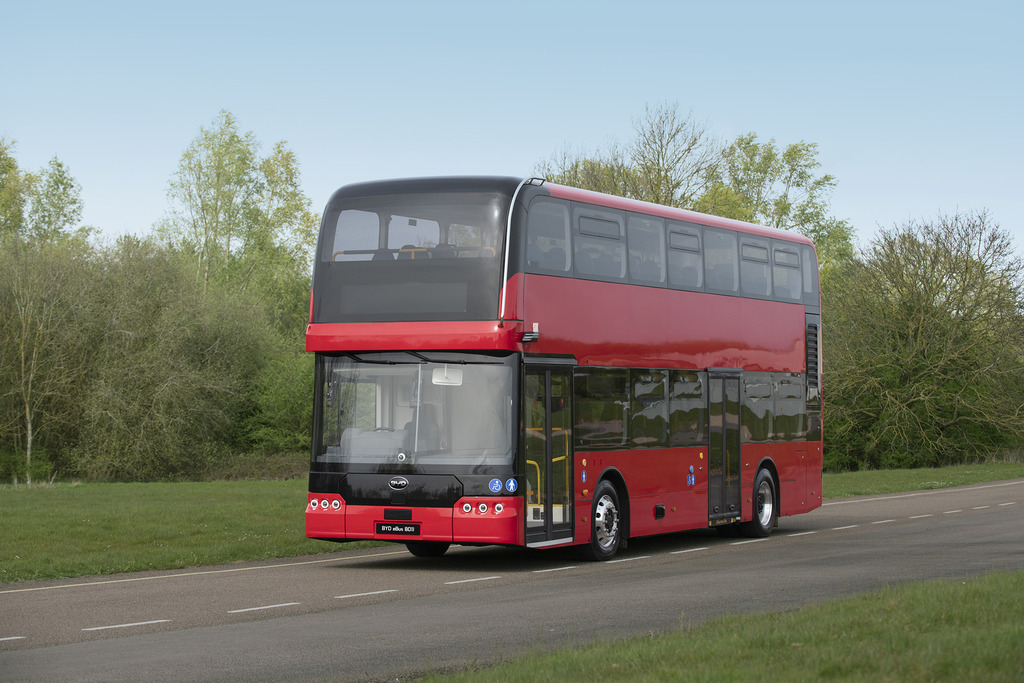Global tech giant Intel has challenged the validity of setting science-based targets approved by the Science Based Targets initiative (SBTi).
While the company is making efforts to reduce its emissions Intel stated that it has come up against “challenges” in setting science-based targets as approved by the SBTi for “numerous reasons”.
A key point which Intel is querying is that the SBTi does not allow companies to account for “significant historical reductions”.
“By not accounting for these historical reductions in Scope 1 and 2 emissions, companies that have demonstrated leadership in early, voluntary emissions reductions are at a disadvantage compared to companies that are now beginning their GHG reduction efforts,” it wrote.
Intel chief sustainability officer and vice president of global public affairs Todd Brady told GreenBiz that he sees the SBTi as a “good framework” for businesses that “haven’t really thought about this until much more recently”.
Subscribe to Sustainability Beat for free
Sign up here to get the latest sustainability news sent straight to your inbox everyday
Other tech businesses, including chip-manufacturing firms Advanced Micro Devices, Applied Materials and Qualcomm have had their targets validated by the SBTi, although rival firm Nvidia does not.
Intel also added that the SBTi doesn’t consider each company’s final products and whether they are helping or hindering in the wider fight against climate change.
“Demand for semiconductors is increasing, due in part to the role that technology plays in driving climate change solutions,” the company wrote in its report.
“Current frameworks do not include consideration of the reduction in GHG emissions through the application of technology, or the ‘handprint’ – the environmental benefit that technology provides.
“In 2023, we continued to work with industry members to evaluate options for setting an SBTi-approved target.”
SBTi Technical Council vice chair Laura Drauker argued that Intel could still advocate for clean electricity for its customers and suppliers, which would hep to drive down its scope 3 emissions.
“If we don’t think focusing on their own absolute emissions is important for Intel, what should we require of them in terms of advocacy for clean, equitable electricity for all their customers and suppliers?,” Drauker said.
“That would have a huge impact on their scope 3 emissions and beyond,” she added.















